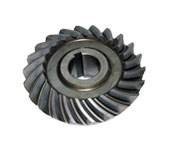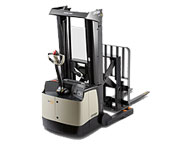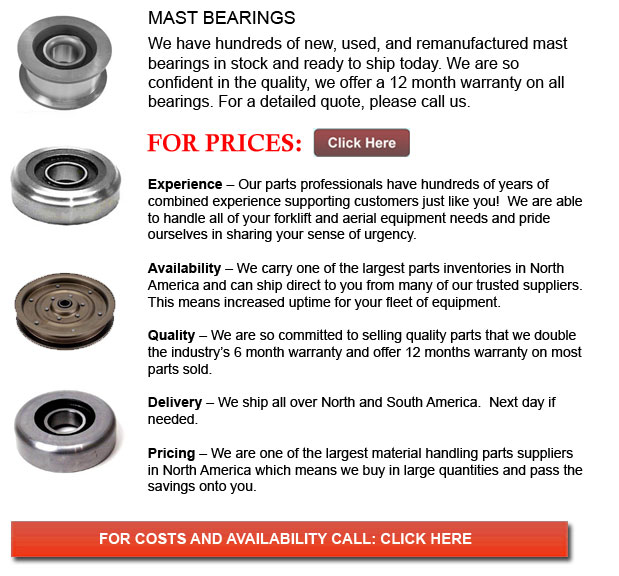
Mast Bearings - A bearing is a device which allows constrained relative motion among two or more parts, normally in a linear or rotational sequence. They could be commonly defined by the motions they allow, the directions of applied weight they can take and according to their nature of operation.
Plain bearings are really commonly used. They utilize surfaces in rubbing contact, often with a lubricant such as graphite or oil. Plain bearings may or may not be considered a discrete gadget. A plain bearing can consist of a planar surface which bears one more, and in this case would be defined as not a discrete tool. It can have nothing more than the bearing surface of a hole along with a shaft passing through it. A semi-discrete example would be a layer of bearing metal fused to the substrate, while in the form of a separable sleeve, it would be a discrete tool. Maintaining the proper lubrication allows plain bearings to provide acceptable accuracy and friction at minimal expense.
There are other bearings which could help enhance and develop efficiency, accuracy and reliability. In various applications, a more suitable and specific bearing can improve weight size, operation speed and service intervals, thus lessening the whole expenses of operating and buying equipment.
Numerous types of bearings together with various application, lubrication, shape and material exist in the market. Rolling-element bearings, for instance, use spheres or drums rolling among the parts to reduce friction. Less friction gives tighter tolerances and higher precision compared to plain bearings, and less wear extends machine accuracy.
Plain bearings could be made of plastic or metal, depending on the load or how corrosive or dirty the surroundings is. The lubricants that are utilized can have significant effects on the friction and lifespan on the bearing. For instance, a bearing may be run without any lubricant if constant lubrication is not an option in view of the fact that the lubricants could be a magnet for dirt that damages the bearings or equipment. Or a lubricant can improve bearing friction but in the food processing business, it may need being lubricated by an inferior, yet food-safe lube so as to avoid food contamination and ensure health safety.
The majority of high-cycle application bearings need lubrication and some cleaning. Sometimes, they can need adjustments to help lessen the effects of wear. Various bearings may require irregular upkeep to be able to avoid premature failure, although magnetic or fluid bearings can require not much preservation.
A clean and well lubricated bearing will help prolong the life of a bearing, nonetheless, various types of uses may make it more difficult to maintain constant repairs. Conveyor rock crusher bearings for instance, are normally exposed to abrasive particles. Frequent cleaning is of little use for the reason that the cleaning operation is costly and the bearing becomes dirty all over again once the conveyor continues operation.
![]() Click to Download the pdf
Click to Download the pdf
Forklift Parts








Lift Parts Express
TOLL FREE: 1-888-695-7994
San Angelo, Texas
forkliftpartssanangelo.com
Email Us
About Us



